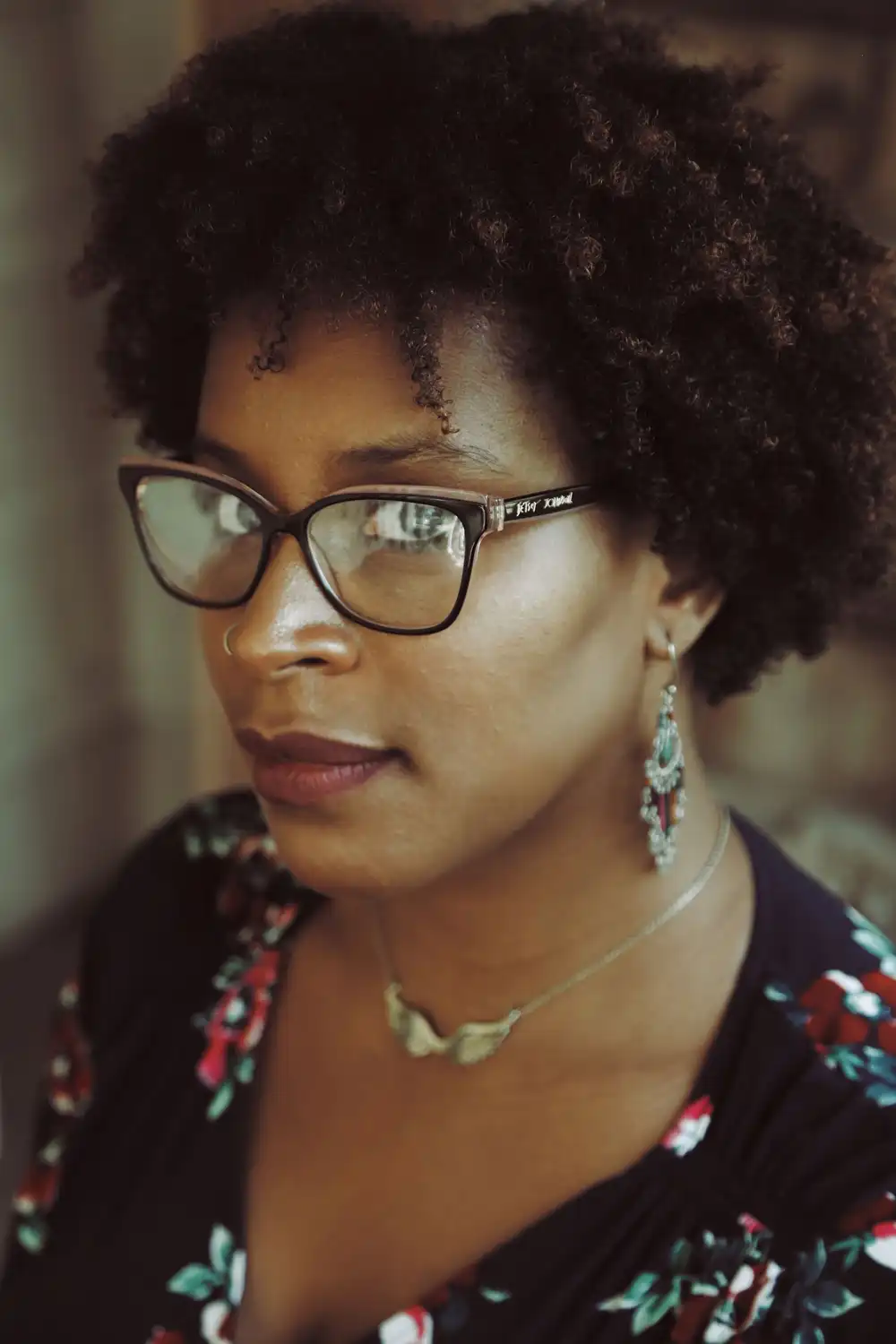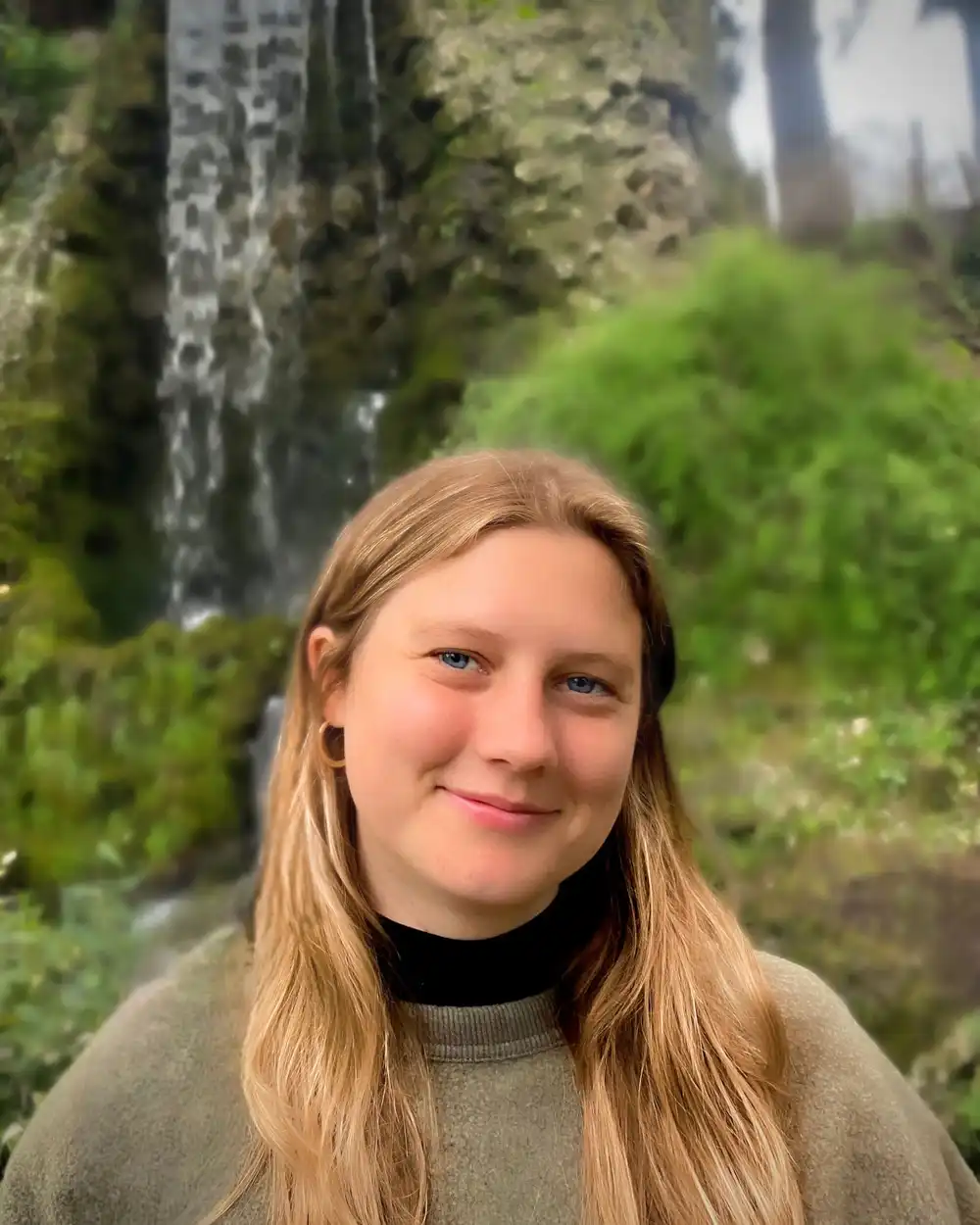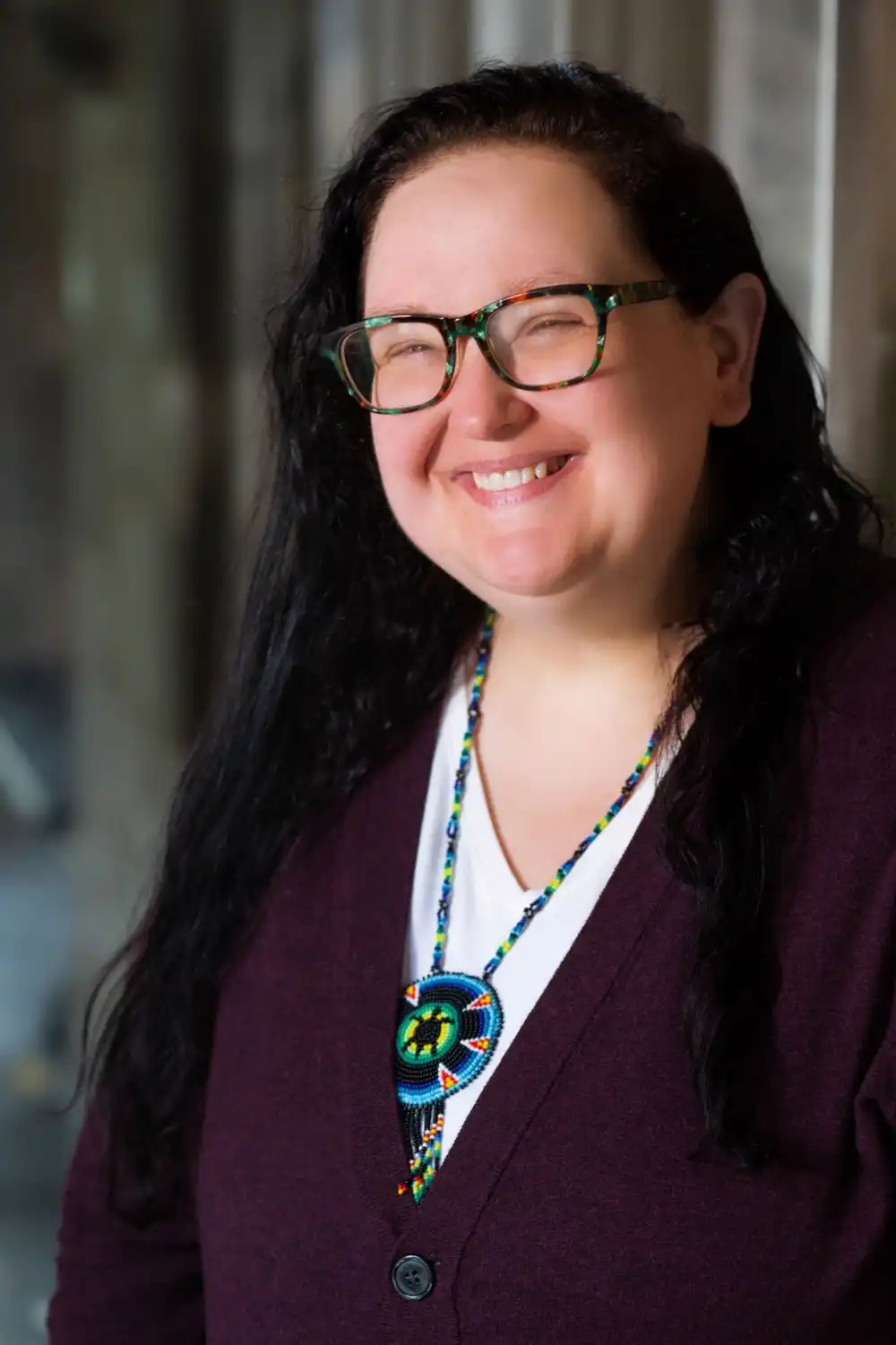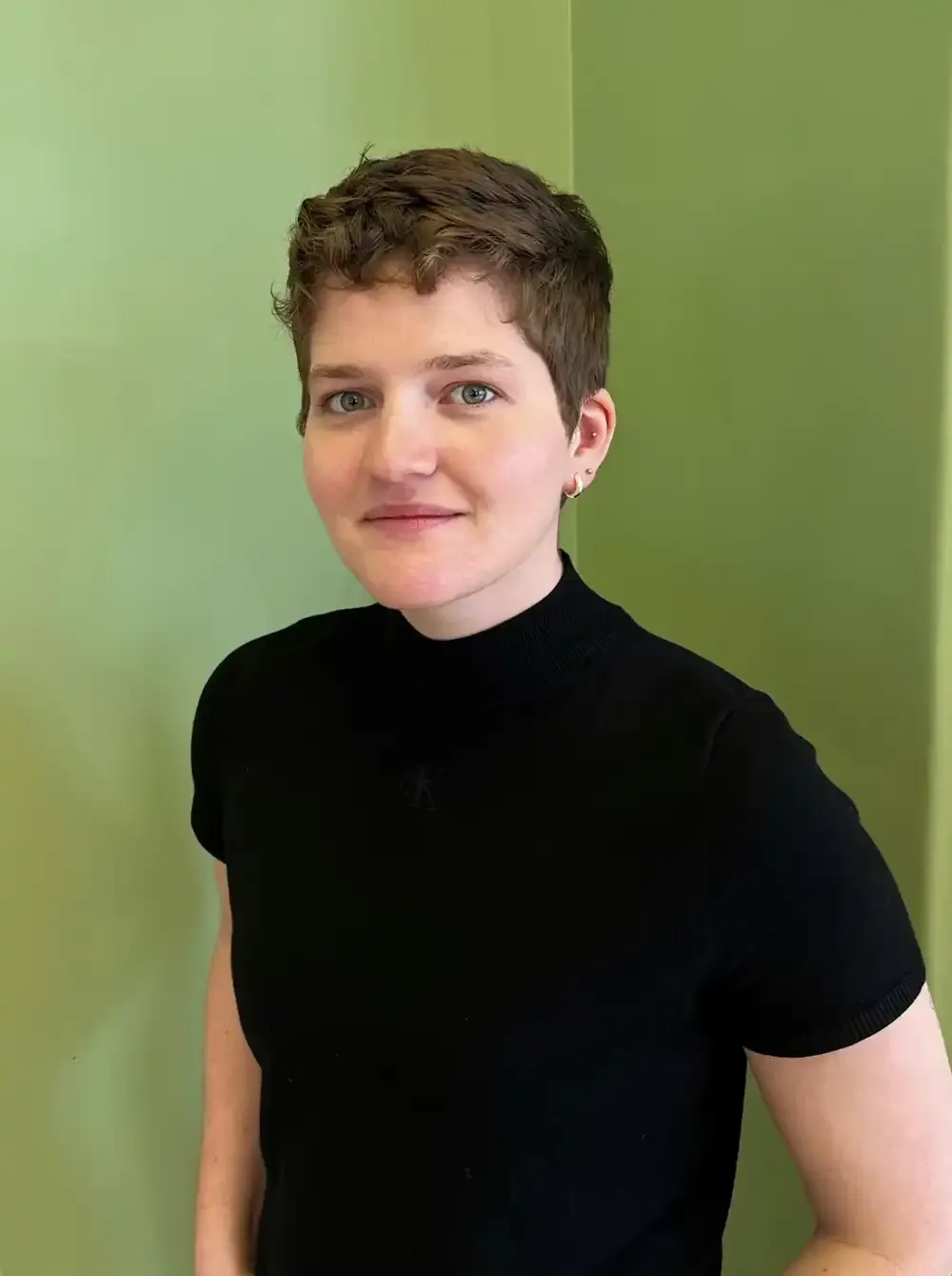Kinship & (Be)Longing: Confronting Slavery's Archive through BlackDH
Join us Tuesday 4/23 at 5:30p ET for Kinship & (Be)Longing: Confronting Slavery's Archive through Critical #BlackDH with the Keywords for Black Louisiana team
Register now: http://bit.ly/ddsp24-K4BL-c
ABSTRACT ::
In this presentation, we will share our experience working with Scholarly Editing to create a digital edition of fourteen stories centering Black and Black-Native life and humanity, which are derived from Louisiana's colonial archive.
After a brief overview of the Keywords for Black Louisiana (K4BL) project and our guiding principles, we will walk through the process of undertaking the digital edition, choosing the stories we have foregrounded, designing the components of our edition, and collaborating as a team to transcribe, translate, and encode the primary source documents. Our discussion will address the ways in which we have utilized, remixed, and stretched the Textual Encoding Initiative (TEI) guidelines to highlight the presence and lived experiences of named and unnamed enslaved people, connecting them and their stories using specific keywords such as kinship and wellness. To conclude, we will place this micro-edition within our broader vision for the digital life of the project: a pair of interoperable static sites. As a whole, we make the case that digital scholarly editing—when guided by scholarship in Black Studies and Critical Digital Humanities—can offer a toolkit that can be adapted explicitly to confront the violence of slavery's archive and build a praxis of recovery, repair, and refusal.
ROUNDTABLE PARTICIPANTS ::

Jessica Marie Johnson
Associate Professor of History, Johns Hopkins University
Jessica Marie Johnson is an Associate Professor in the Department of History at the Johns Hopkins University and a fellow at the Hutchins Center for African and African American Studies at Harvard University. Johnson is a historian of Atlantic slavery and the Atlantic African diaspora. She is the author of Wicked Flesh: Black Women, Intimacy, and Freedom in the Atlantic World (University of Pennsylvania Press, August 2020), winner of the 2021 Lora Romero First Book Publication Prize of the American Studies Association, the 2021 Wesley-Logan Prize form the American Historical Association, the 2021 Rosalyn Terborg-Penn Prize for Outstanding Original Scholarship on Gender and Sexuality in the African Diaspora from the Association for the Study of the Worldwide African Diaspora, the 2021 Frank L. and Harriet C. Owsley Award for Best Book in Southern History from the Southern Historical Association, the 2020 Kemper and Leila Williams Prize for Louisiana History, the 2020 Berkshire Conference of Women Historians First Book Prize, the 2020 Rebel Women Lit Caribbean Readers' Award for Best Non-Fiction Book, an Honorable Mention for the 2021 Pauli Murray Book Award from the African American Intellectual History Society, and a finalist for the Frederick Douglass Book Prize from the Gilder-Lehrman Institute.
Johnson is an internationally recognized digital humanist. Johnson is the Director of LifexCode: Digital Humanities Against Enclosure and Senior Research Associate with the Center for the Digital Humanities at Johns Hopkins University. Johnson is PI of Black Beyond Data, a Black studies computational and social sciences lab, with co-PIs Kim Gallon and Alexandre White. Alongside Dr. Yomaira C. Figueroa, Johnson also co-organizes the Diaspora Solidarities Lab, a Mellon-funded multi-university initiative applying Black feminist methodologies to collaborative scholarship. Johnson's essay, "Markup Bodies: Black [Life] Studies and Slavery [Death] Studies at the Digital Crossroads" is widely recognized as a ground-breaking intervention in the fields of Black studies, digital humanities and data science. Johnson is co-editor with Lauren Tilton and David Mimno of Debates in the Digital Humanities: Computational Humanities. She is guest editor of Slavery in the Machine, a special issue of archipelagos journal (2019) and co-editor with Dr. Mark Anthony Neal (Duke University) of Black Code: A Special Issue of the Black Scholar (2017).
Her work has appeared in Slavery & Abolition, The Black Scholar, Meridians: Feminism, Race and Transnationalism, American Quarterly, Social Text, The Journal of African American History, the William & Mary Quarterly, Debates in the Digital Humanities, Forum Journal, Bitch Magazine, Black Perspectives (AAIHS), Somatosphere and Post-Colonial Digital Humanities (DHPoco) and her book chapters have appeared in multiple edited collections.

Olivia Barnard
PhD Candidate in History, Johns Hopkins University
Olivia Barnard is a PhD student in the Department of History at Johns Hopkins University. She received a Bachelor of Arts from Tulane University in Political Science and Africana Studies, where her honors thesis earned her the distinction of “senior scholar.” Her research interests include histories of slavery, womanhood, widowhood and gender in mid-18th century New Orleans and its Atlantic world.

Leila K. Blackbird
PhD Candidate in History, University of Chicago
Leila K. Blackbird is a Louisiana Creole and unenrolled adoptee of Mescalero, Lípan, and East Cherokee descent. She is the Pozen Family Human Rights Doctoral Fellow of US & Atlantic History at The University of Chicago, and she serves as the Senior Research Editor for “Keywords for Black Louisiana,” an NHPRC-funded project PI: Jessica Marie Johnson at Johns Hopkins University. Leila’s research is situated at the intersection of Black and Native histories of the Gulf South. Her dissertation, entitled “Embodied Violence in the Shatter Zone: Settler Colonialism and Slavery on America’s Third Coast,” is a study of the relationship between settler colonialism and the enslavement of Indigenous and Afro-Indigenous peoples—especially women and girls—and how it has functioned across French, Spanish, and Anglo-American regimes. Leila’s work has appeared in books such as Louisiana Creole Peoplehood and What is History, Now? and in academic journals, including Eighteenth-Century Studies and, most recently, The William & Mary Quarterly.

Ellie Palazzolo
PhD Candidate in History, Johns Hopkins University
Ellie Palazzolo is a PhD candidate in History and Johns Hopkins and Co-Project Manager and Digital Curatorial Fellow for the Keywords for Black Louisiana project. Ellie's research focuses around labor and consumerism during the late-nineteenth century industrialization of the U.S. food system. On the DH side of things, Ellie is interested in critical digital studies, metadata, and web design and always curious to learn about new project, approaches, and tools.
EVENT ::
Now in its 40th season, Digital Dialogues convenes prominent digital humanities, new media, and information technology practitioners to present on their field-defining research. The series invites intellectual exchange around topics critical to the digital humanities. Visit mith.umd.edu/digital-dialogues or follow us on social media (@umd_mith on X/Twitter, and @mith_umd on Instagram) for more details.
